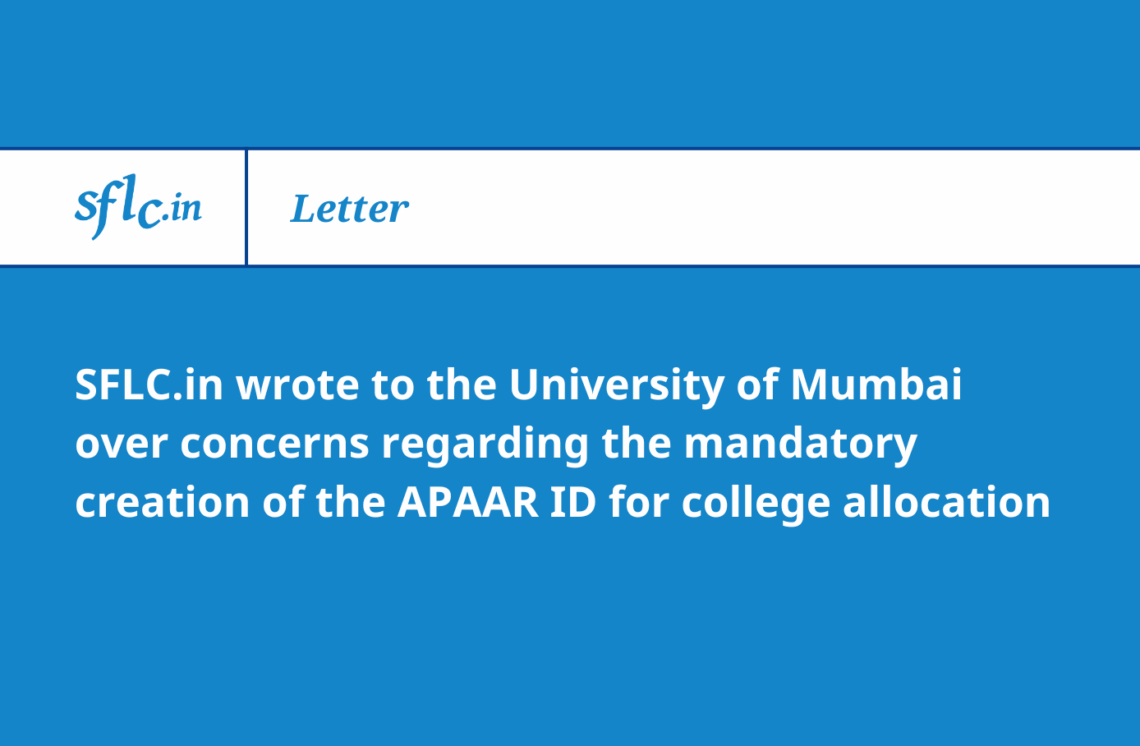Briefs Submitted in United States Supreme Court Case Considering Patentability of Software
https://www.softwarefreedom.org/resources/2014/alice_v_cls-resources.htmlhttps://www.softwarefreedom.org/resources/2014/alice_v_cls-sflc_amicus.htmlhttps://www.fsf.org/news/fsf-joins-forces-with-software-freedom-law-center-and-open-source-initiative-to-fight-software-patents-in-u-s-supreme-courthttp://opensource.org/node/692
This month, briefs were submitted in the pivotal United States Supreme Court Case of Alice Corp. v. CLS Bank. The Supreme Court is expected to issue a ruling on the subject of patent eligibility of computer-implemented inventions (ie. software patents).
Many prominent scholars, businesses, and associations have stepped forward to offer the Supreme Court Justices advice on resolving the case by filing amicus curiae or “friend of the court” briefs.
A broad coalition of prominent organization the Free and Open Source Software world, consisting of the Software Freedom Law Center, Free Software Foundation, and the Open Source Initiative, submitted a joint brief to the Court arguing: (1) that all software is unpatentable under United States Supreme Court precedent, (2) that software patenting reduces the level of innovation in software, and (3) that constitutional limitations from the First Amendment prevent Congress from making patent law that covers mental steps, basic ideas, or algorithms.
Additional information on the case is available at https://www.softwarefreedom.org/resources/2014/alice_v_cls-resources.html.
Plan 9 From Bell Labs Released Under GPLv2 License
http://akaros.cs.berkeley.edu/files/Plan9Licensehttp://plan9.bell-labs.com/wiki/plan9/faq/#ABOUT_PLAN_9
Plan 9, the distributed operating system developed at Bell Labs as the successor to Unix, has been released under the terms of the GPLv2. Alcatel-Lucent had long licensed the operating system software under the terms of the Lucent Public License Version 1.02. The Lucent Public License version 1.02 is OSI Certified and recognized as a free software license by the Free Software Foundation. However, the Lucent Public License is not compatible with the terms of the GNU GPL. As a result Plan 9 has not been able to benefit from combination with the vast wealth of GPL software tools available until now.
This licensing move marks an important shift for the project that may lead to broader adoption of the operating system and increased interest in further development of Plan 9 technologies.
Samsung Releases Second-Generation Gear Watches Powered By Tizen
http://www.anandtech.com/show/7785/samsung-announces-tizenbased-gear-2-gear-2-neo-smartwatcheshttps://www.tizen.org/
Samsung, this month, announced the release of a trio of the second-generation smart watches running the FOSS operating system Tizen. Although Samsung has maintained a user interface that is consistent with its first-generation gear watch, the new watches are in fact based on an entirely different operating system from their android-powered predecessors. These new Samsung smartwatches are one of the first big-name products on the market running Tizen.
Tizen is a Linux-based FOSS operating system project of the Linux Foundation. Development of the software is led by Samsung, Intel, and others. The launch of this product based on Tizen is an exciting milestone for the project which is designed a platform for a variety of device categories, including smartphones, tablets, netbooks, in-vehicle infotainment devices, smart televisions, and now even smartwatches. The gear watches are first of what is expected to be significant number of Tizen devices coming to market in the near future.
DARPA Unveils Open Catalog
http://www.darpa.mil/OpenCatalog/index.htmlhttp://www.theverge.com/2014/2/4/5377492/darpa-publishes-all-its-open-source-code-in-one-place-open-catalog
The United States Government’s Defense Advanced Research Projects Agency (“DARPA”) is a major sponsor of technological research in both the public and private sectors. This month, in response to requests from the public, DARPA has published the DARPA Open Catalog which makes available a list of DARPA sponsored software and publications all in one place.
Program Manager Dr. Christopher White explains:
If the R&D community shows sufficient interest, DARPA will continue to make available information generated by DARPA programs, including software, publications, data and experimental results. Future updates are scheduled to include components from other [] programs
Many of the software programs released have applications in the developing field of Big Data analytics. Although DARPA is a military organization (a wing of the United States Department of Defense) technologies born from DARPA research have a history of making their way into broad social usage. Examples include global positioning, networking, and critical computer operating system technologies. DARPA is hoping that this new publishing strategy will help to disseminate government funded research and open source software development widely amongst the interested research and development communities where it can be put to good use.
Linux Foundation Announced Collaboration With edX
Linux Foundation announced that it will be offering its “Introduction to Linux” course free and open to all as a result of its partnership with edX, a massive open online course (MOOC) platform founded by MIT and Harvard University. Previously a $2400 course, it will no w be available free to anyone, anywhere.
An official start date has not been announced for the course but it is expected to be held this summer. The official press release issued by the Linux Foundation quoted its Executive Director, Jim Zemlin who said “Our mission is to advance Linux and that includes ensuring we have a talent pool of Linux professionals”To widen that talent pool and give more people access to the opportunities in the Linux community and IT industry, we are making our training program more accessible to users worldwide. We are partnering with the leader in MOOCs to enable this access.”



